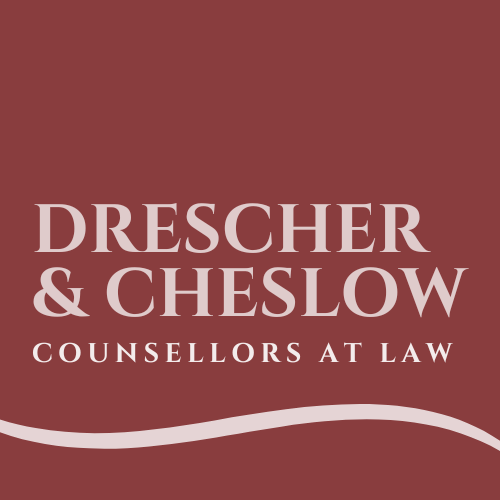Special needs individuals can take advantage of several programs and services offered by the federal…

Irrevocable Trusts in Jewish Estate Planning
Planning for your future, as well as the future of your spouse and children, is an essential aspect of everyone’s life, regardless of their religious or cultural background.
If you’re a Jewish man seeking to ensure the well-being of your wife after your death, you must consider certain aspects of Jewish law as well as the laws of your state.
An estate planning attorney familiar with Jewish and secular law can help develop an estate plan that complies with both and achieves your goals for your family. An irrevocable trust may be part of the plan.
What is an Irrevocable Trust?
An irrevocable trust is a legal entity created by an individual, known as the grantor, to hold and manage assets on behalf of beneficiaries. Once established, the trust becomes a separate entity from the grantor, and its terms generally can’t be altered or revoked without the consent of the beneficiaries. This feature makes it an effective tool for long-term planning and asset protection.
Jewish Law Considerations
Jewish law, or halakha, encompasses a rich tapestry of traditions and customs. While the specific details can vary among different Jewish communities, the fundamental principle of ensuring the welfare of one’s spouse is universally acknowledged. The concept of a ketubah, a Jewish marriage contract, emphasizes the husband’s obligation to provide for his wife.
An irrevocable trust can work within the parameters of Jewish law by allowing the husband to establish a mechanism for providing ongoing financial support. By carefully structuring the trust, you can specify the extent and duration of the support, ensuring compliance with halakha. Additionally, the trust can include instructions to distribute assets in accordance with Jewish principles and traditions, such as charitable giving or supporting specific causes.
Secular Law Implications
In tandem with Jewish law, navigating secular legal frameworks is crucial to ensuring the enforceability and effectiveness of an irrevocable trust. Each jurisdiction may have its own set of rules and regulations governing trusts, so it is essential to consult with a knowledgeable attorney specializing in estate planning to ensure compliance.
Secular law recognizes the validity of irrevocable trusts, enabling the transfer of assets to the trust, which are then managed by a trustee on behalf of the beneficiaries. The husband, as the grantor, can carefully select a trustee who shares an understanding of Jewish values and the intent behind the trust. It’s essential to choose a trustee who will administer the trust according to your wishes and act in the best interests of your wife and other beneficiaries.
Benefits and Considerations
An irrevocable trust offers numerous benefits for supporting a Jewish wife after her husband’s death. By placing assets in the trust, they are shielded from potential creditors or legal disputes, ensuring their preservation for the intended beneficiaries. The trust can provide a consistent income stream to your wife, ensuring her financial security and reducing the stress associated with managing assets independently.
However, it’s crucial to consider the potential tax implications and effects on government benefits eligibility when creating an irrevocable trust. Engaging the expertise of a qualified estate planning attorney can help navigate these complex matters, ensuring the trust is structured optimally.
If you are seeking to secure a financial future for your wife, an irrevocable trust serves as a good solution. Though the process involves careful planning and consultation with legal professionals, the benefits of safeguarding your wife’s financial well-being and adhering to your religious beliefs make it a worthwhile endeavor.
We hope you found this article helpful. If you have questions or would like to discuss a personal legal matter, please contact our office at 732-972-1600. We look forward to the opportunity to work with you.
This article offers a summary of aspects of estate planning. It is not legal advice. It does not create an attorney-client relationship. For legal advice, you should contact an attorney.



